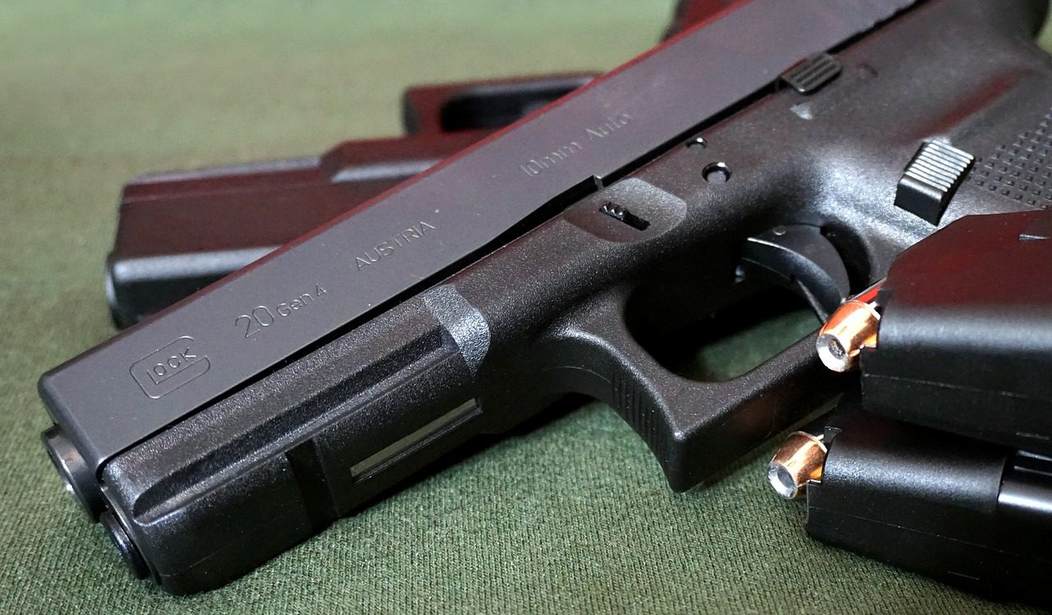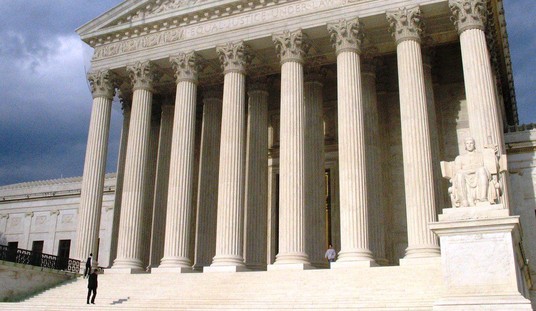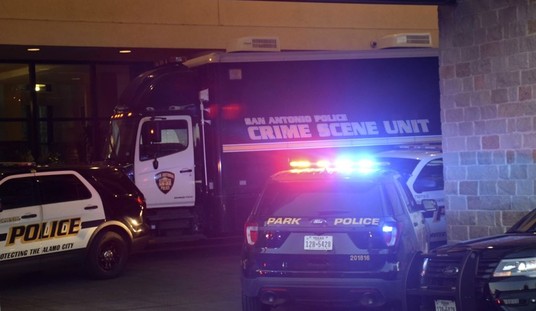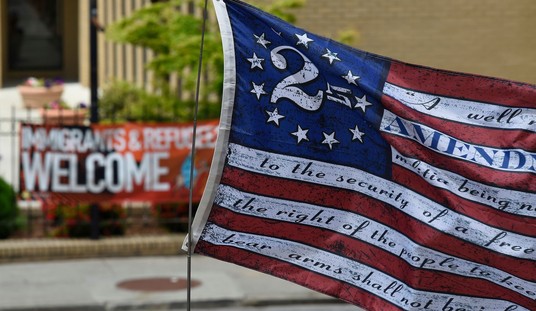The Bipartisan Safer Communities Act was billed as something kind of innocuous, all things considered. Oh, don’t get me wrong, it was still an unconstitutional infringement, but it wasn’t exactly gun control on par with the NFA or GCA.
But that was just what we publicized in the media. Few were really willing to go to bat over the so-called boyfriend loophole, for example.
As things have come out after its passage, we’re seeing a whole lot more.
In fact, in an op-ed at Newsweek, John Lott and Rep. Thomas Massie argue that it fundamentally changed gun ownership.
resident Joe Biden keeps telling Americans that the Bipartisan Safer Communities Act (BSCA), the gun control bill he signed last year, is the most significant gun control legislative accomplishment in nearly 30 years. He is right, but it will do nothing to improve safety. The innocuous-sounding BSCA will radically change gun ownership.
Americans are only now learning that the act prohibits federal funding for “training in the use of a dangerous weapon.” In July, the Biden Department of Education announced it would end funding to schools with riflery or archery teams or hunter safety classes. Federal funding for public schools is substantial and hard to ignore, typically accounting for about eight percent of education spending. This prohibition effectively spells the end of classes or sports pertaining to shooting or archery in public schools. It is an attempt to end the American culture of legal gun ownership.
Federal law explicitly prohibits the creation of a federal firearm registry, but through a proposed 108-page set of regulations published at the end of August by the Bureau of Alcohol, Tobacco, Firearms, and Explosives (BATF), the Biden administration is trying to use the BSCA to implement universal background checks on all gun purchases and to track virtually everyone who obtains a gun.
By the beginning of last year, the BATF had created a digital database containing almost a billion firearm transactions. To fill in the blanks, Biden and others, including Democratic New York Governor Kathy Hochul, are pressuring credit card companies to track firearm purchases. As U.S. Representative Jim Jordan (R-Ohio) and one of us (Congressman Massie) discovered in our Judiciary Committee investigations, Bank of America has already given customers’ gun purchase data to the FBI without a warrant or probable cause.
It doesn’t take a rocket scientist to see where this can go.
See, the existence of 4473s alone creates something of a de facto gun registration scheme. Dealers have to hold only these forms for the lifetime of the business and, upon closing, must ship them to the ATF. The only things that keep this from being particularly effective is that people can transfer firearms between one another as well as the fact that people can make their own firearms lawfully, the so-called ghost gun.
The BSCA, however, creates a new definition of who is considered a dealer, thus making it more of a gun registration.
“But they need to be able to trace guns,” some will argue, but let’s see why that’s a terrible argument.
The Biden administration sells the need for universal background checks and a gun registry as crucial to solving crime. The new BATF rules mention tracing guns used in crimes several times. In theory, if a criminal leaves a gun at a crime scene, police would be able to trace the gun back to him. But outside of television crime shows, that isn’t how things work.
Why isn’t it?
Well, there are different reasons. A big one is that criminals aren’t exactly walking into a gun store, buying a firearm under their own name, passing the background check, and leaving a Form 4473 behind with all their contact information.
What they’re generally doing is getting a third party to buy the gun for them–a third party that will claim the gun was stolen, most likely, if it’s recovered–or it’s stolen.
In the case of a stolen gun, the criminal may have stolen it himself or may have bought it from someone else who stole it. In either case, the tracing information you’re going to find isn’t going to lead you to the criminal.
For all the talk of tracing and its necessity, the fact is that it doesn’t generally lead you to the bad guy. It’ll just lead you to the person who purchased it new.
Even universal background checks wouldn’t necessarily solve this issue, either, because criminals aren’t going to stop stealing guns.
The truth of the matter is that there’s no political will to create a universal background scheme, much less a gun registration scheme, and that’s a good thing. What isn’t, though, what Lott and Massie lay out here, is a method where we essentially get the same thing, just over a longer period of time and in a more piecemeal fashion.
Either way, the end result is the same. We get gun registration by a different name but with all the same issues.
Our lawmakers may have thought the narrative we were fed was the total truth. It wasn’t.








Join the conversation as a VIP Member